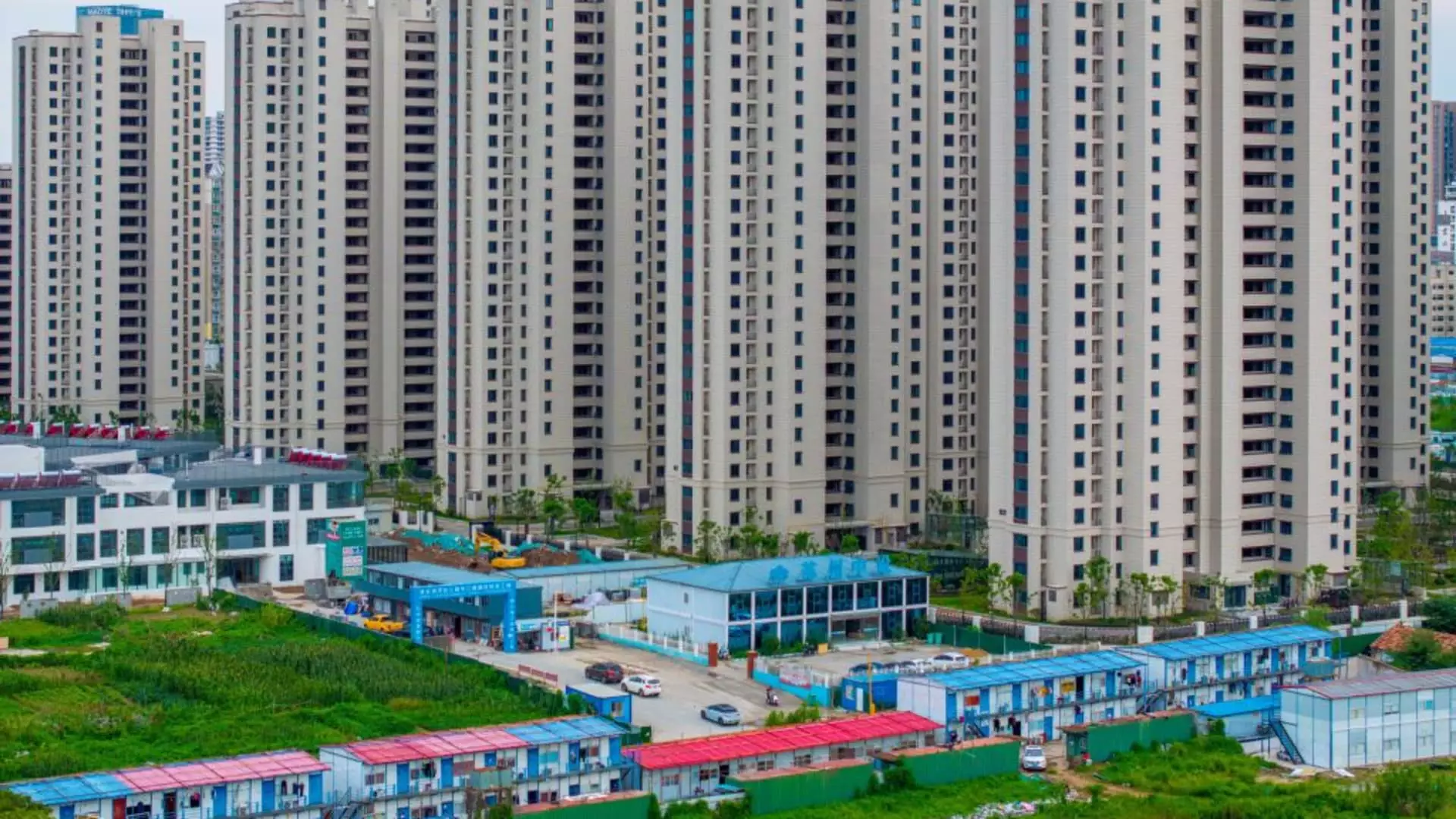Amidst escalating trade tensions with the United States and the European Union, top Chinese officials have reiterated the country’s commitment to focusing on its internal affairs. Han Wenxiu, deputy director at the Chinese Communist Party’s central committee office for financial and economic affairs, emphasized the importance of prioritizing key areas of development to ensure the stability and growth of the national economy. By highlighting the stable and healthy development of the real estate market, the accelerated growth of “emerging and future industries,” and the expansion of domestic demand, particularly consumption, Han underscored the government’s efforts to bolster the economy.
Following the conclusion of a high-level policy meeting known as the Third Plenum, which focused on boosting domestic technological advancements and meeting economic targets, Chinese officials expressed confidence in the country’s ability to navigate external uncertainties. Trade tensions, exacerbated by actions taken by former U.S. President Donald Trump and the subsequent policies of the Biden administration, have placed pressure on China’s economic outlook. With calls for increased tariffs on Chinese goods and electric cars, China is facing challenges in maintaining its growth momentum.
In response to the slowdown in economic growth and the impact of the real estate market on overall performance, Han Wenxiu outlined strategies to address these challenges. Acknowledging the systemic impact of real estate on the economy, Han emphasized the need to absorb existing housing inventory, optimize new construction, and boost sales to stimulate investment. With a significant decline in real estate investment and residential sales, China is looking to implement stronger macroeconomic policies to support growth and address the challenges faced by the economy.
Despite the immediate challenges posed by trade tensions and domestic economic issues, Chinese officials remain committed to long-term economic reform and opening up. The concept of “reform and opening up” has been central to China’s economic policies over the last four decades, gradually transforming the economy by allowing foreign and private capital to enter the market. While there have been visible signs of economic slowdown, particularly in areas like real estate and consumption, China’s focus on advanced technology and innovation remains a key priority.
As China continues to navigate the complexities of trade tensions and domestic economic challenges, the focus on internal affairs and strategic development will be critical in determining the country’s economic trajectory. With a commitment to deepening reforms, integrating urban and rural development, and improving the macroeconomic governance system, China aims to overcome current obstacles and ensure sustainable growth in the long term. By addressing key areas of concern and implementing effective policies, China seeks to strengthen its position as a global economic powerhouse.

